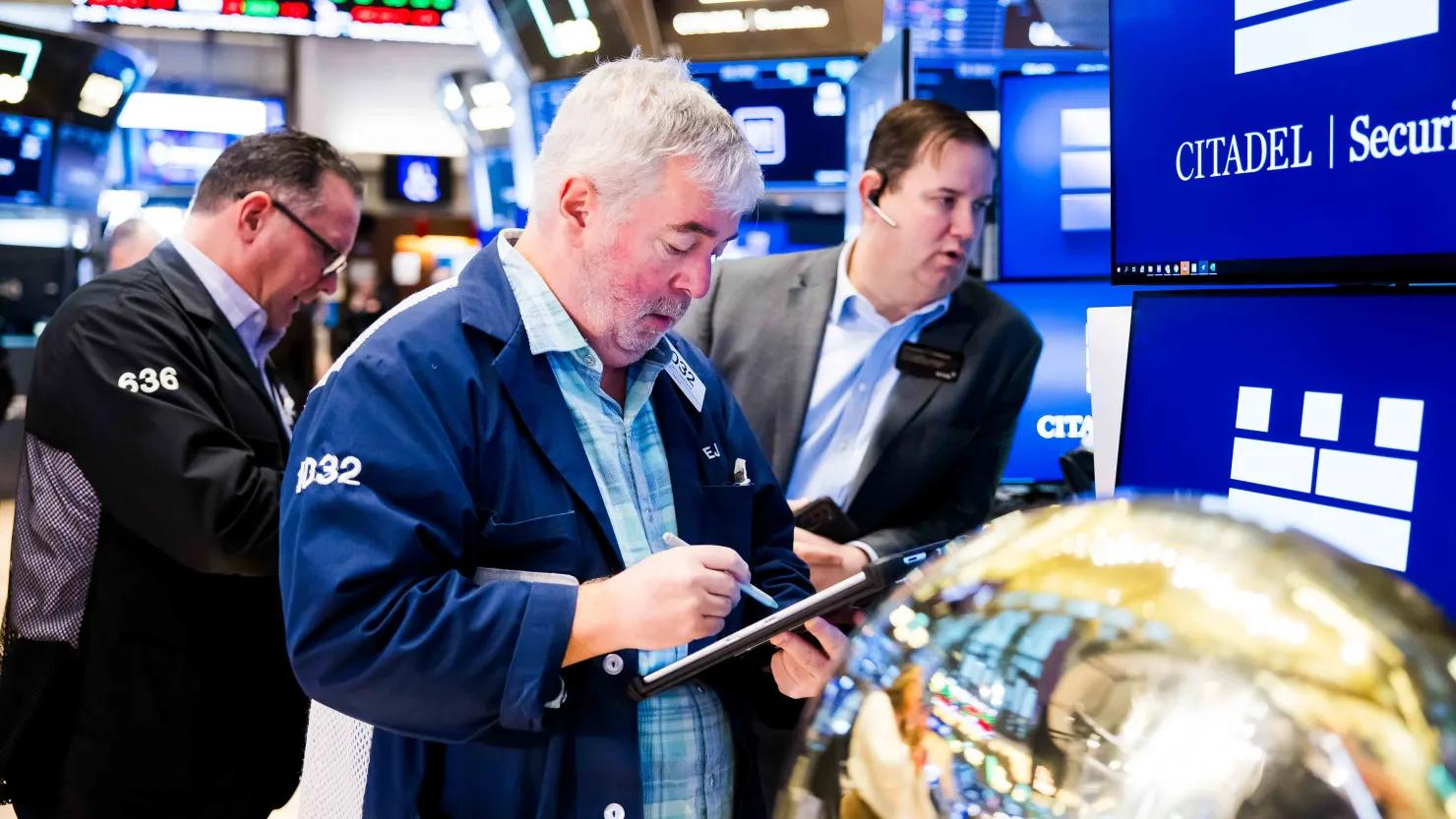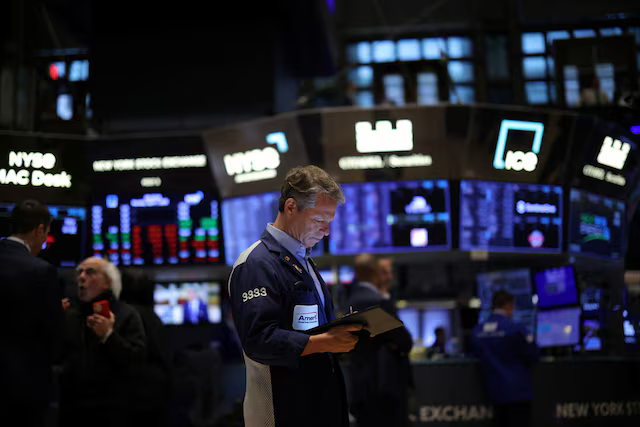The US stock market has been on a turbulent ride, with significant selloffs leading to concerns among investors.
The Nasdaq Composite was the first major index to enter a bear market last week, followed by the S&P 500, which briefly touched bear market territory on Monday. Meanwhile, the Dow Jones Industrial Average remains just above its own bear market threshold.
Investor anxiety has been fueled by President Donald Trump’s firm stance on broad tariffs against major trading partners. The CBOE Volatility Index (VIX), often referred to as Wall Street’s “fear gauge,” surged to its highest level in five years, reaching 46. This spike in volatility reflects heightened market uncertainty, as investors weigh the impact of trade tensions on corporate profits and the broader economy.
Despite the market turbulence, financial experts emphasize the importance of staying calm. Ken Fisher, founder of Fisher Investments, advises investors to resist the urge to sell in a panic.
“You never sell in a panic,” Fisher stated during an interview.
Historical data supports this view, showing that panic selling often leads to missed opportunities when the market rebounds.
A study from Fidelity Investments underscores the consequences of exiting the market prematurely. If an investor had $10,000 in the S&P 500 from January 1988 to December 2023 but missed the market’s five best days, they would have forfeited over $264,000 in potential gains.
Fidelity’s research also highlights the resilience of markets following downturns. During the 2007–2009 Global Financial Crisis, investors who stayed invested and continued contributing to their portfolios saw substantial recoveries. A hypothetical investor with a $400,000 portfolio who continued investing through the crisis saw their balance grow by approximately $500,000, while those who moved to cash saw their balances drop to $350,000.
Jim Paulsen, former Chief Investment Strategist at Wells Fargo, echoes this sentiment.
“You are seeing target prices and earnings estimates being lowered, but this is actually a good time to buy,” he suggests.
Paulsen argued that market fear often presents opportunities for long-term investors.
While some analysts remain optimistic about long-term growth, uncertainty persists regarding the impact of tariffs. Goldman Sachs and JPMorgan have increased their projections for a potential US recession. JPMorgan CEO Jamie Dimon recently cautioned that tariffs could lead to sustained inflation and slower economic growth.
Federal Reserve Chairman Jerome Powell has also warned that tariffs could contribute to rising inflation, affecting both imported and domestic goods. This could lead to increased costs for businesses and consumers alike, influencing overall economic performance.
While the recent decline has been steep—similar to the sharp drops seen in 2020 (COVID-19), 2008 (financial crisis), and 1987 (Black Monday)—some experts believe the market may be overreacting. Investors such as Warren Buffett have historically used moments of extreme volatility as buying opportunities.
With input from Reuters, FOX Business, and the Financial Times.










The latest news in your social feeds
Subscribe to our social media platforms to stay tuned